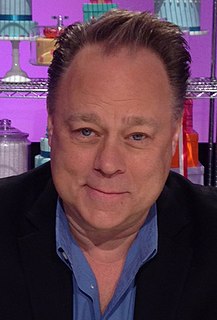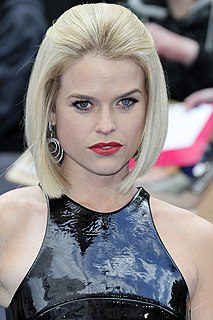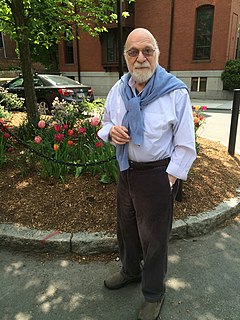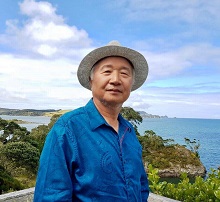A Quote by Poonam Dhillon
In films, the camera catches each nuance of expression in close ups. On the stage, it is less subtle, you have to act with your whole body.
Related Quotes
In film, the camera can get an array of shots so the audience can see the emotion the character is giving off. Using close-ups on the character's face really helps get the message across. On stage, you can't do that. But the stage has that live feeling that you can't get anywhere else because the audience is right there.
In film, the camera can get an array of shots so the audience can see the emotion the character is giving off. Using close-ups on the characters face really helps get the message across. On stage, you cant do that. But the stage has that live feeling that you cant get anywhere else because the audience is right there.
I think what I loved in cinema - and what I mean by cinema is not just films, but proper, classical cinema - are the extraordinary moments that can occur on screen. At the same time, I do feel that cinema and theater feed each other. I feel like you can do close-up on stage and you can do something very bold and highly characterized - and, dare I say, theatrical - on camera. I think the cameras and the viewpoints shift depending on the intensity and integrity of your intention and focus on that.
Under examination by the camera, a human body becomes for its inhabitant a field of betrayal more than a ground of communication, and the camera's further power is manifested as it documents the individual's self-conscious efforts to control the body each time it is conscious of the camera's attention to it.
You have to communicate on a much greater scale. With a camera, you can use the flick of an eye. On stage, a lot of other things are happening that can pull focus or energy. You're always thinking the same way, but you have to amplify your thoughts with the volume of your speech and the ways you use your whole body to communicate what you're feeling. It's a little bit different from film.
. . . if you close your eyes and begin to feel your breath, it will instantly become deeper and slower, and your mind will become calmer. Then gradually you'll become aware of your body, or more precisely the subtle sense of energy inside and around your body. At that moment, you exist as Energy-Consciousness, not as names, jobs, duties, roles, desires, and so on.
If you push in every time there's a big moment, then the tenth time you push in, you're not going to get the same effect. Or if you have too many close ups, then when you have a big moment and you want a close-up in order to make a point, it doesn't mean anything because you've already been doing close-ups. It's like writing in all capitals. Then after a while that doesn't mean anything. So, just because you can do something with a camera doesn't mean you should.
Each smallest act of kindness, reverberates across great distances and spans of time --affecting lives unknown to the one who’s generous spirit, was the source of this good echo. Because kindness is passed on and grows each time it’s passed until a simple courtesy becomes an act of selfless courage, years later, and far away. Likewise, each small meanness, each expression of hatred, each act of evil.


































